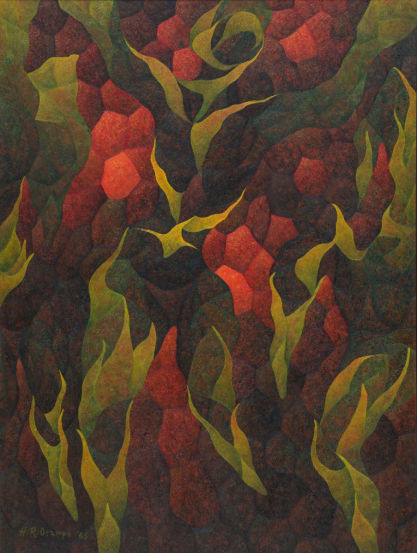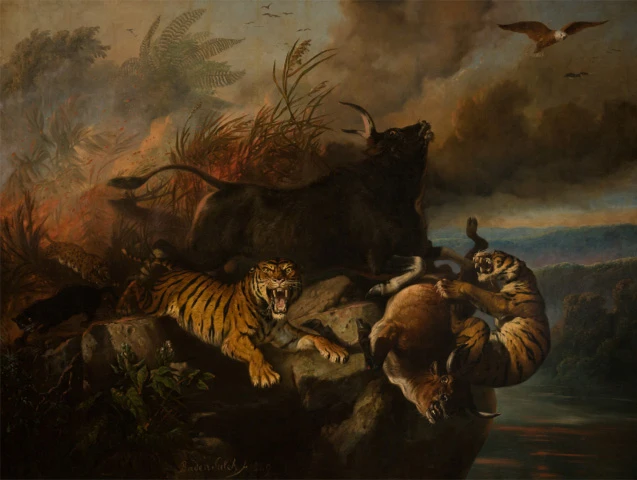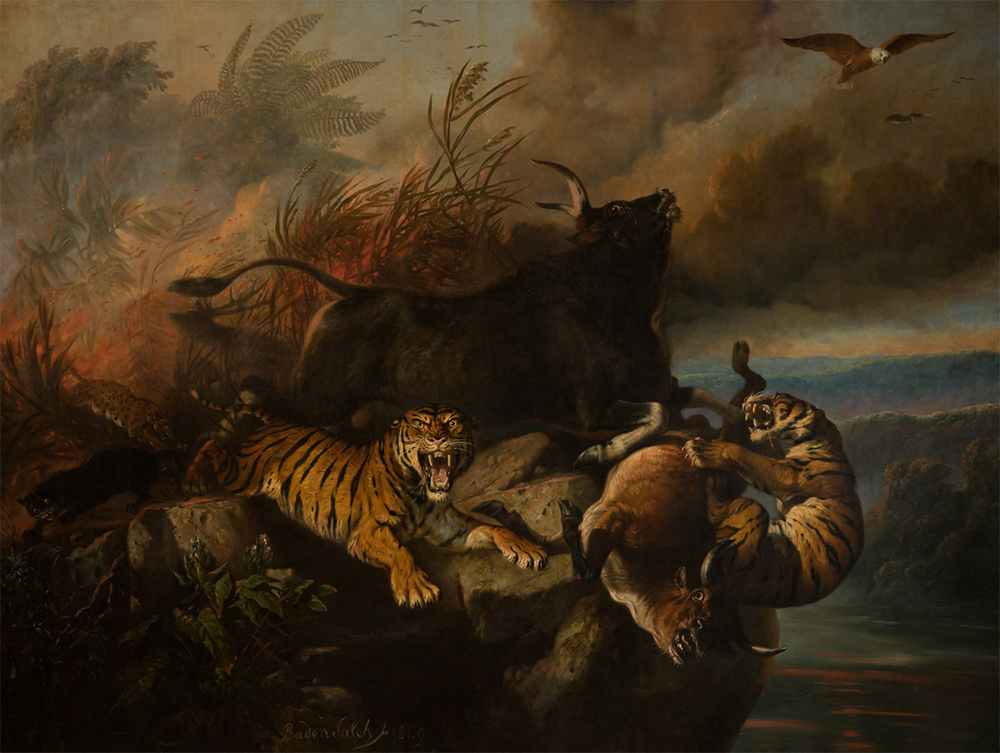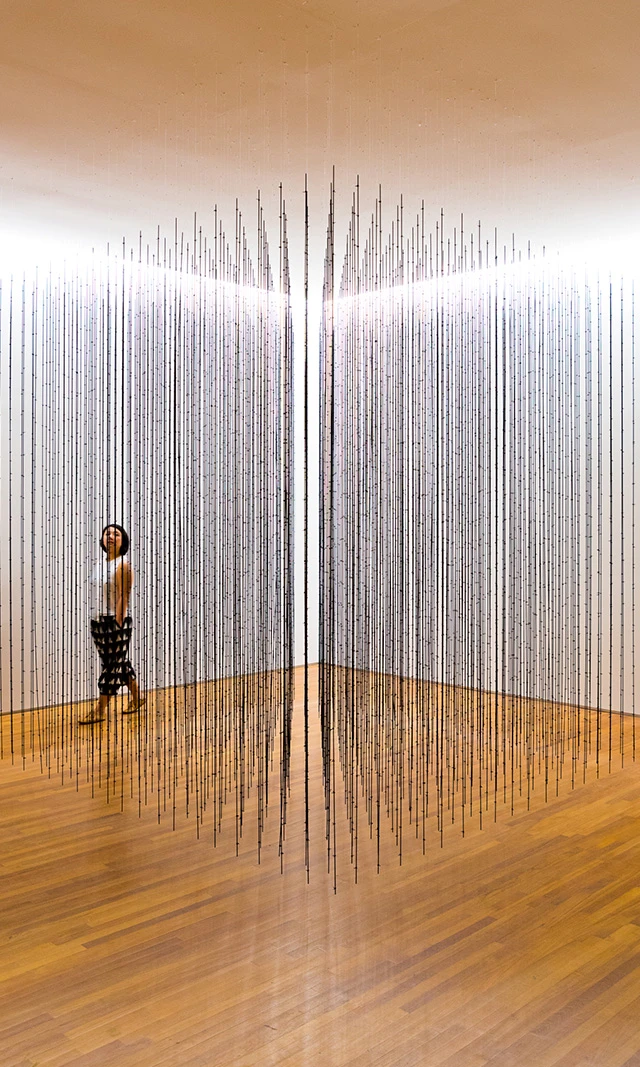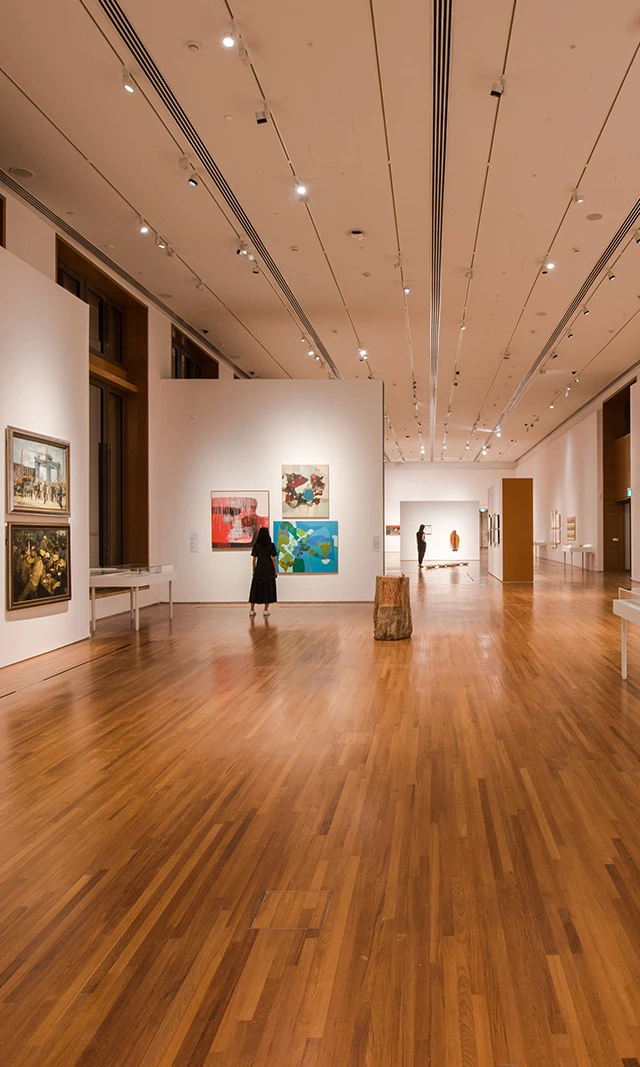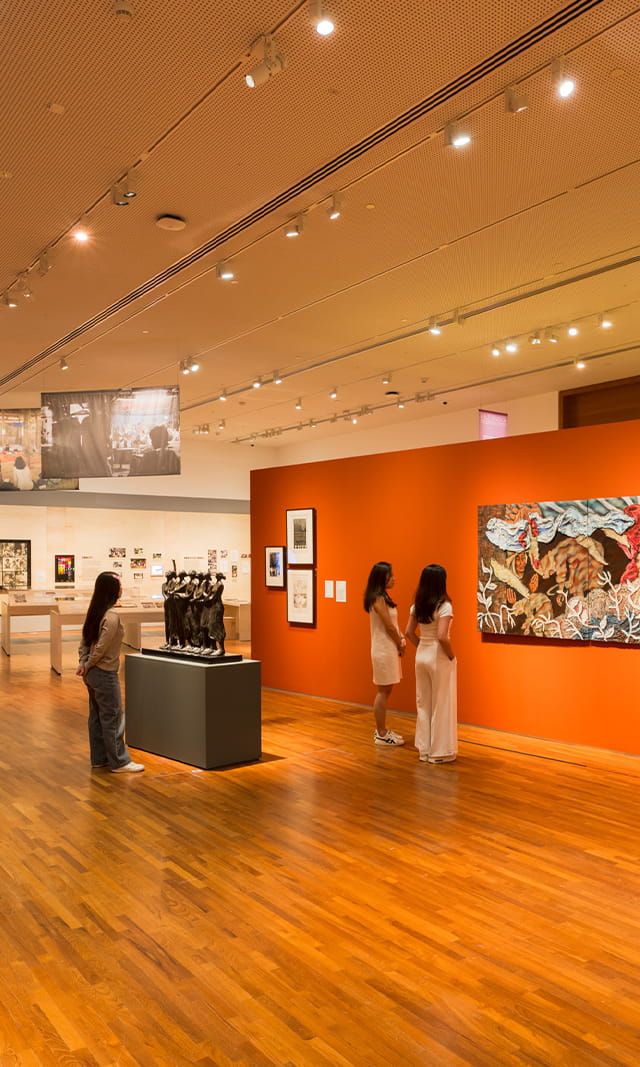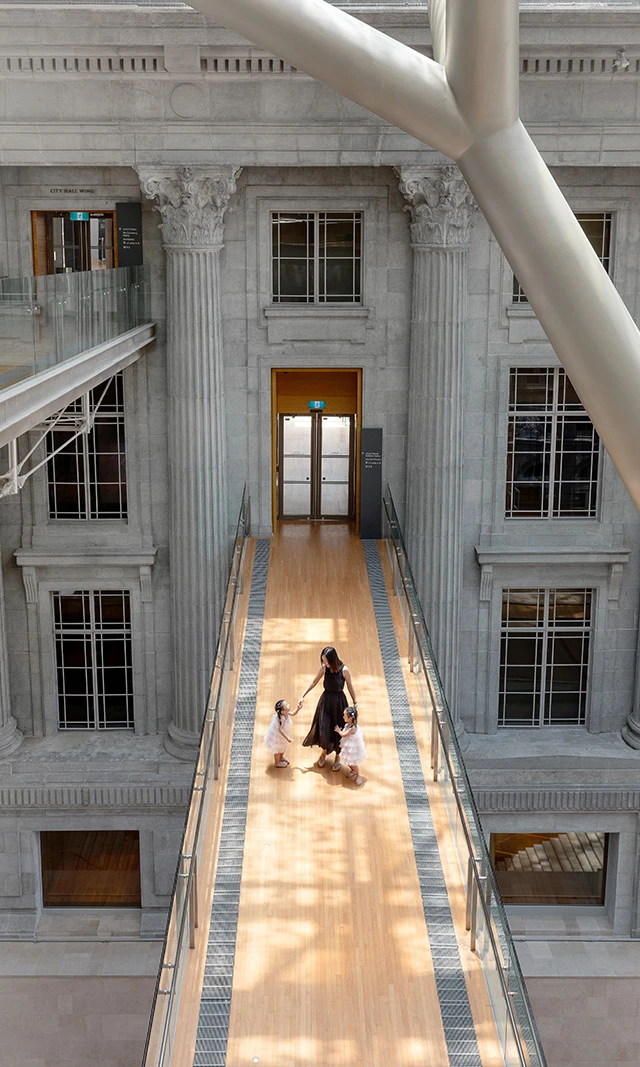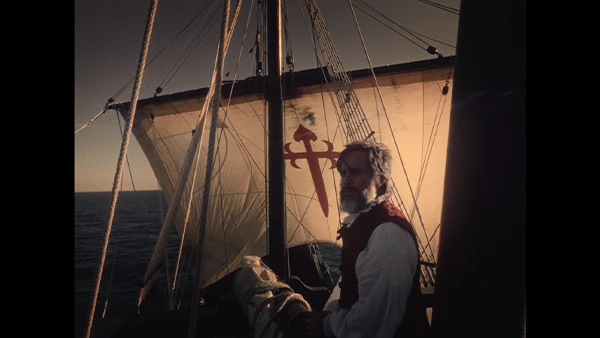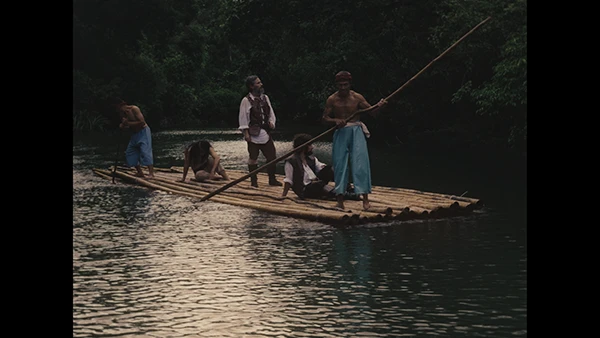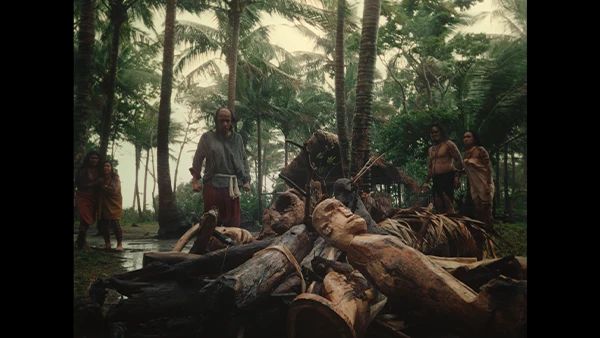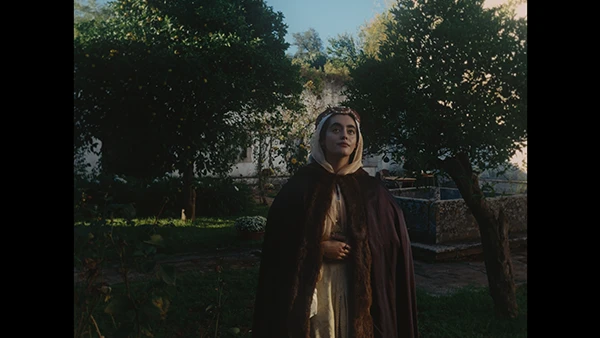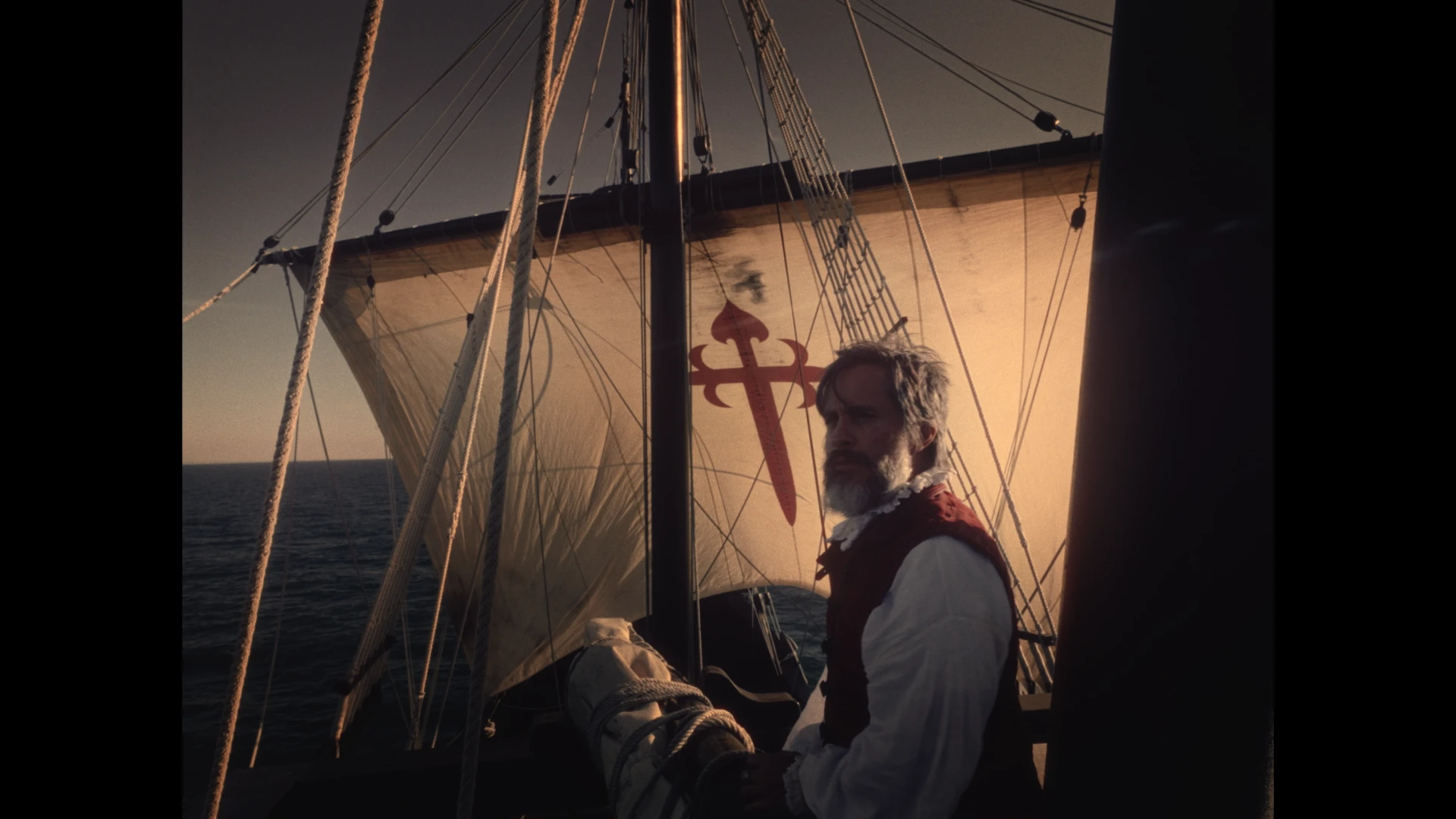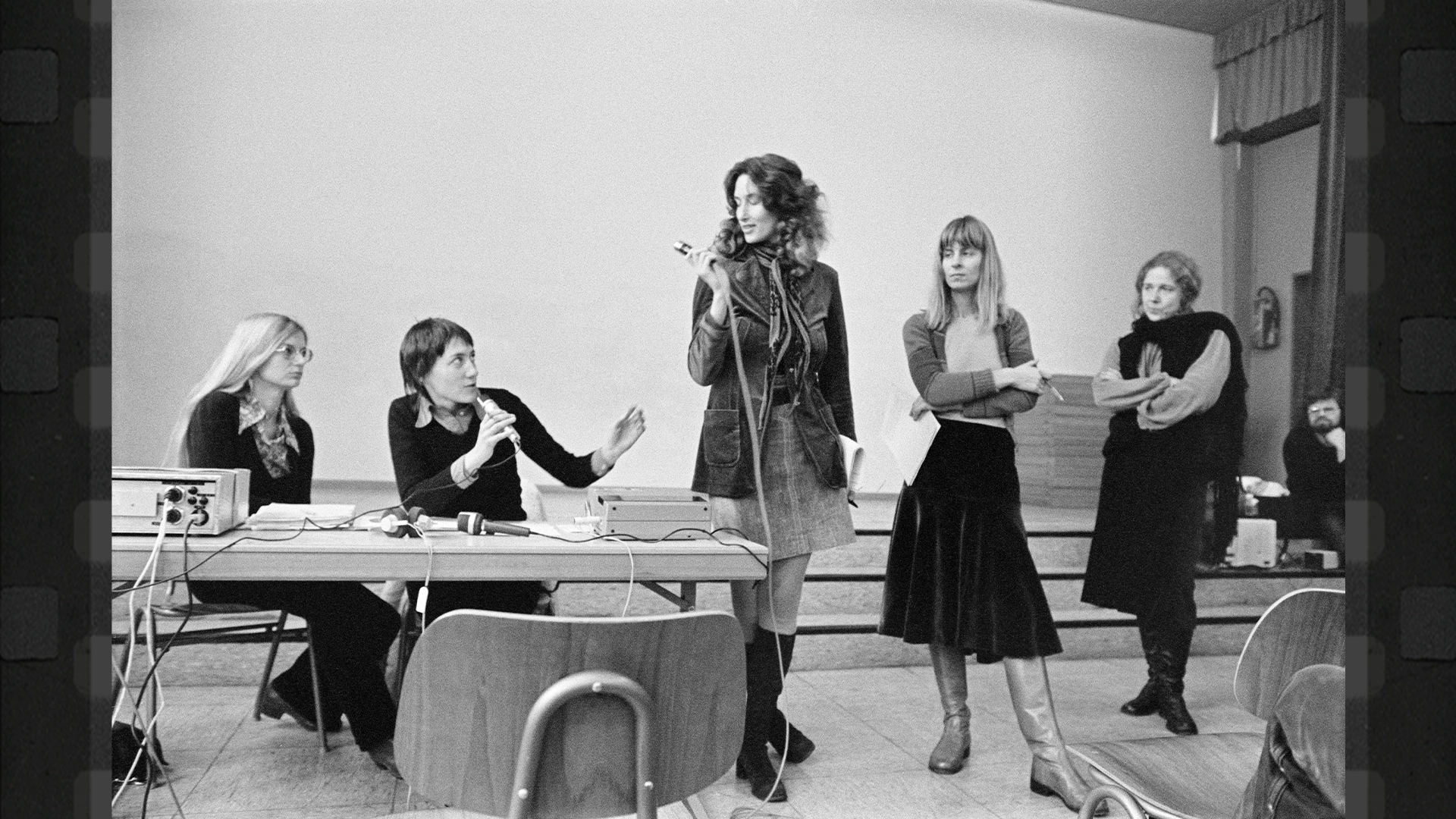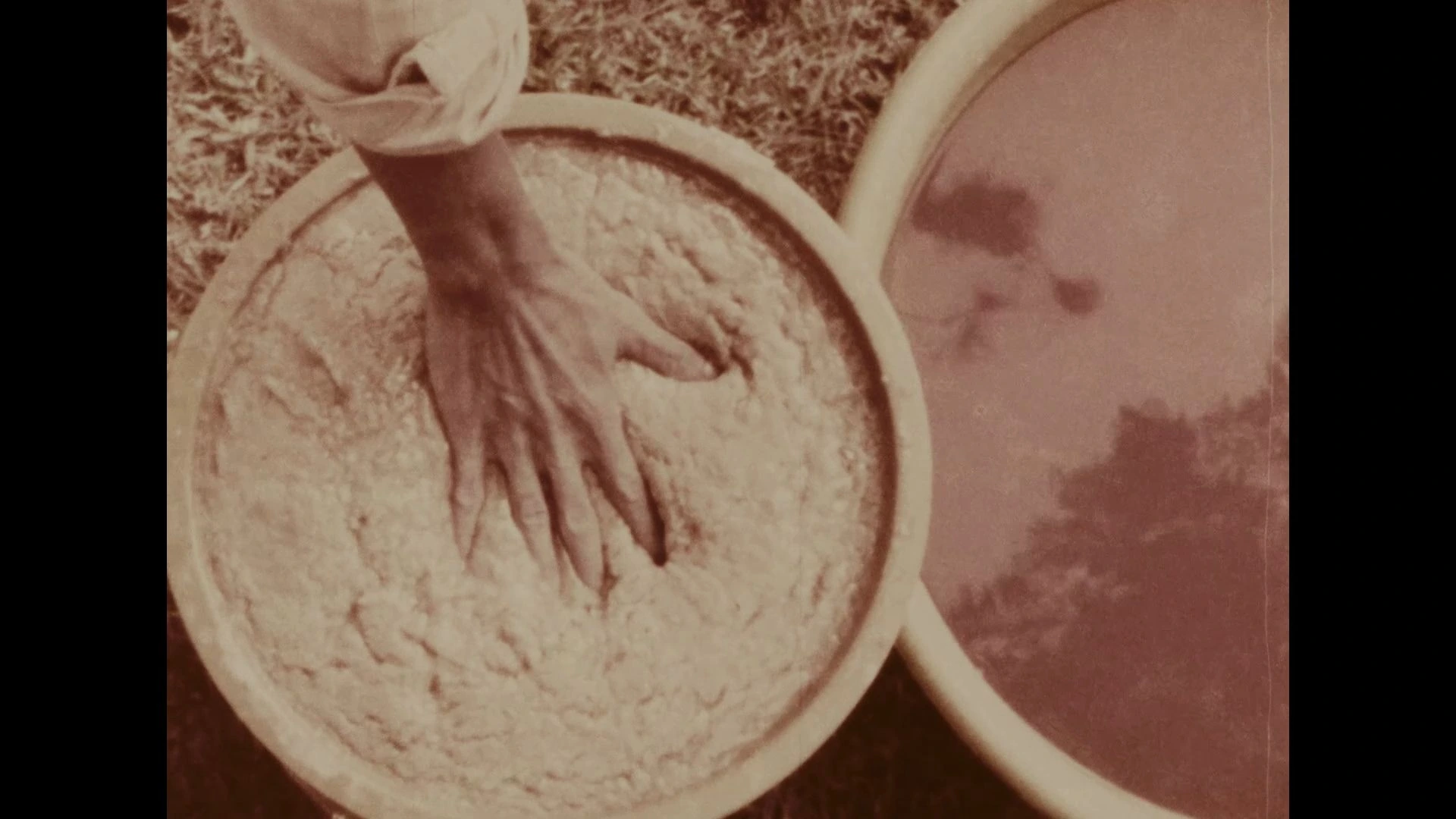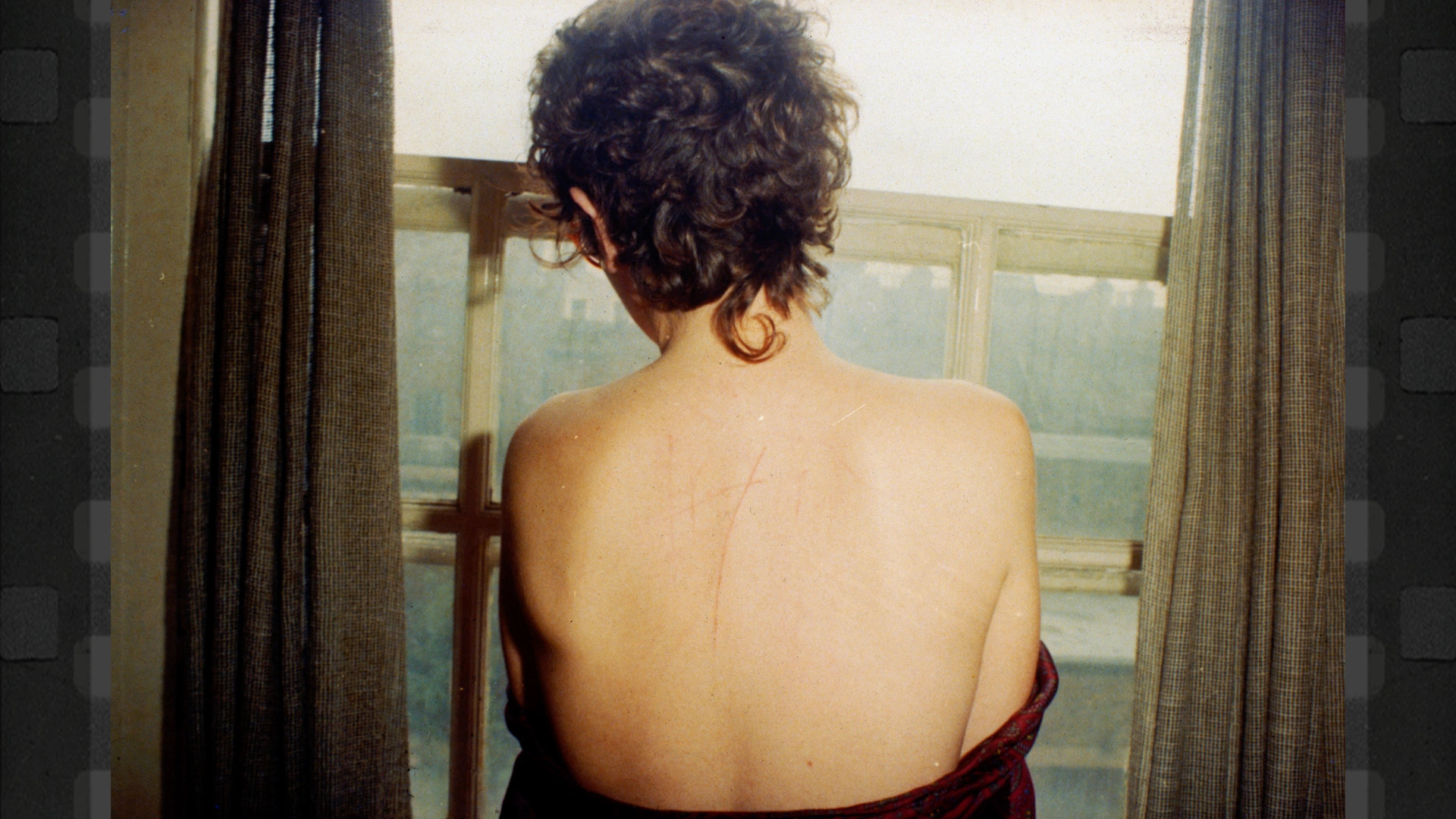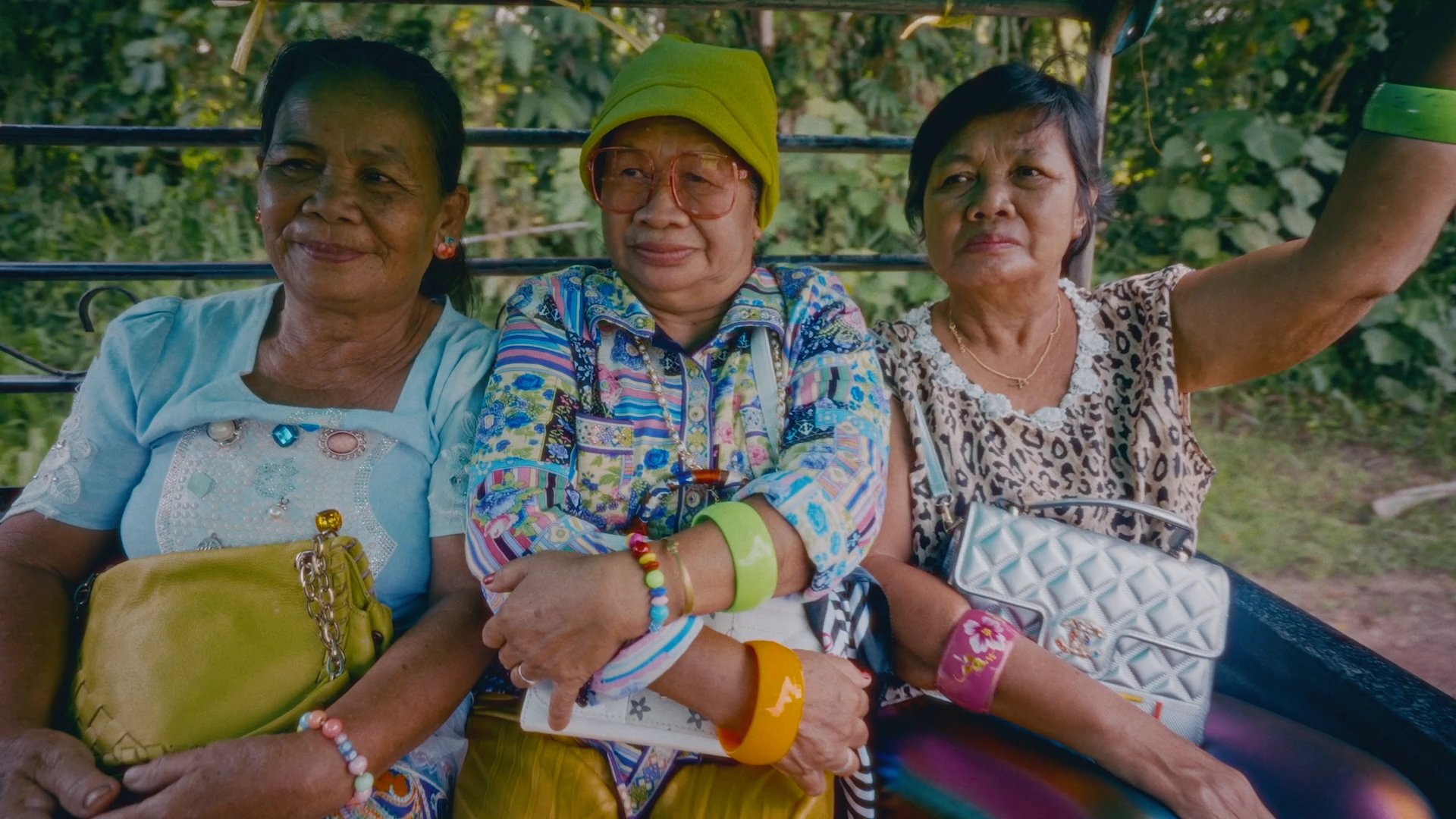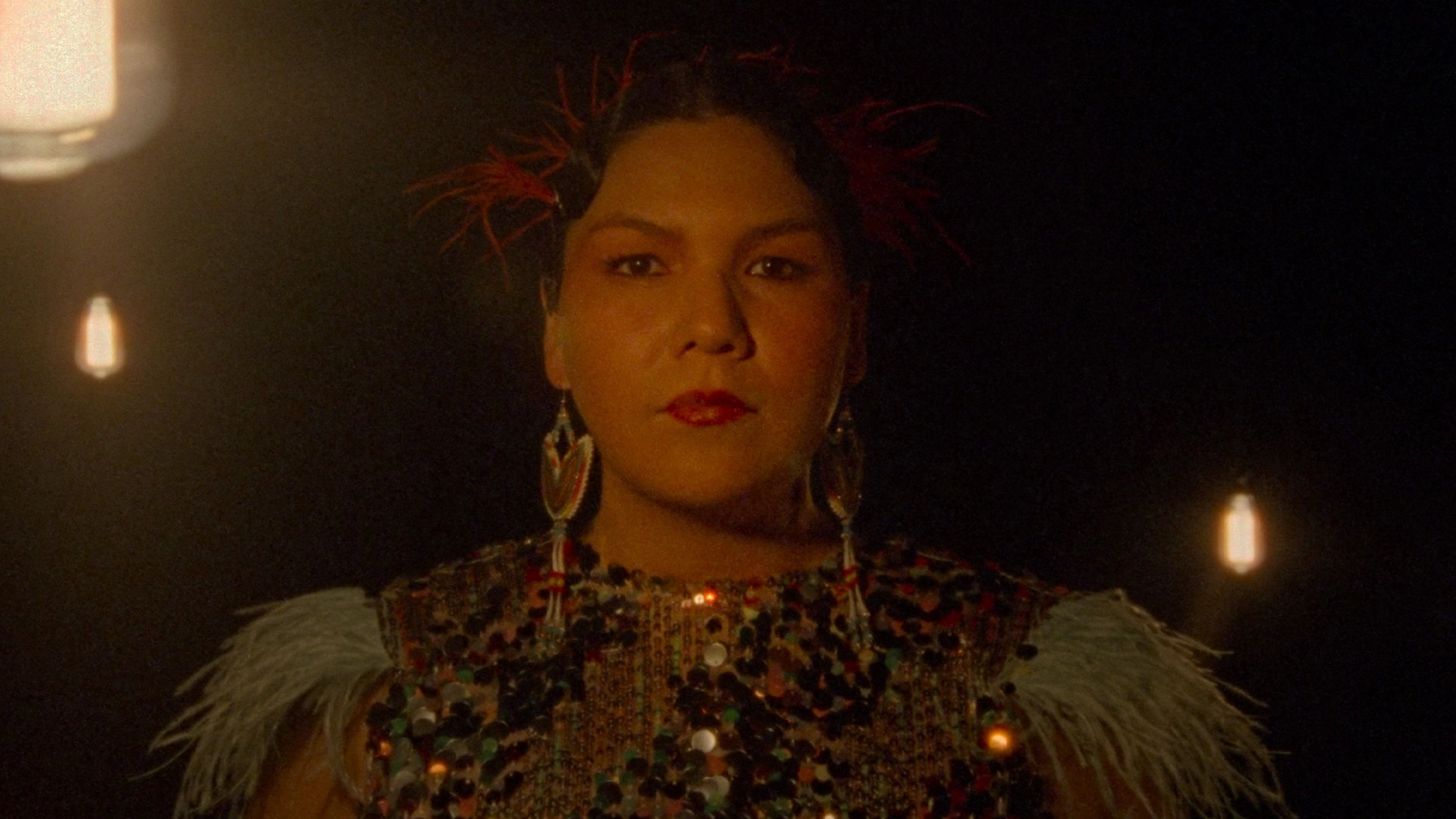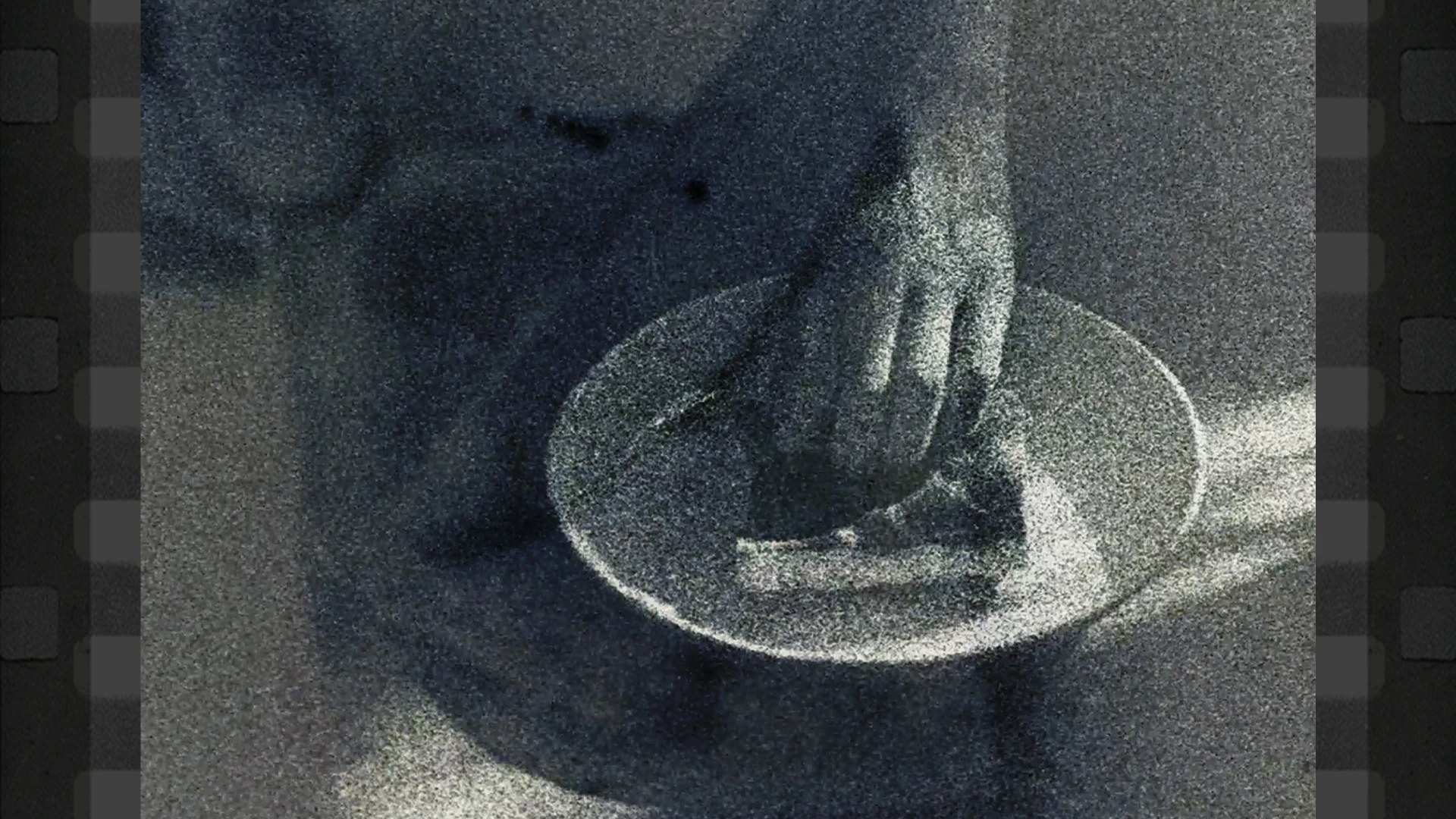MAGELLAN (MAGALHÃES)
By Lav Diaz
About the Film
Magellan is an intimate portrait of the 16th century Portuguese explorer, Ferdinand Magellan, starring Gael García Bernal in the titular role. Shot in the Philippines, Portugal, and Spain, the film revisits the events surrounding Magellan’s treacherous expedition to the Spice Islands (in present-day Indonesia), which led to his fall in the Philippines. The result of seven years of research by director Lav Diaz, Magellan re-examines prevailing narratives about this historical figure, as well as the myth of civilisation that fuelled the madness of colonial ambition.
At 164 minutes, Magellan is the shortest of Diaz’s films, but it covers an extensive history—from the Capture of Malacca in 1511 by Portuguese conquistador Afonso de Albuquerque, to the Spanish defeat in the Battle of Mactan in the Philippines in 1521. The events in this decade of conquest and ruination unfold in scenes analogous to a series of painterly tableaux. Consequently, as the viewer is drawn into the world of the film through the action, the framing turns the gaze to its theatricality. This creates a critical distance and sense of agency for the viewer, as he observes this re-staging of the past.
The film sets out its vantage point and sympathies at the start: an Indigenous community celebrates the impending arrival of the “white man,” but the viewer is soon met with bodies washed up ashore in “1511, Malacca”. Yet, it is García Bernal’s sensitive portrayal of Magellan that drives the psychological complexity of the film. Compelled by a lofty mission to discover a new passage through South America and circumnavigate the globe for the first time in history, Magellan eventually unravels and becomes obsessed with religious conversion when he reaches Cebu, first through persuasion, then by force. Unable to heed the pleas from even his priest, Magellan and his men become embroiled in violence that begets violence, which leads to an uprising that would forever change the fortunes of the region.
Magellan had its world premiere at the 78th Cannes Film Festival (2025).

